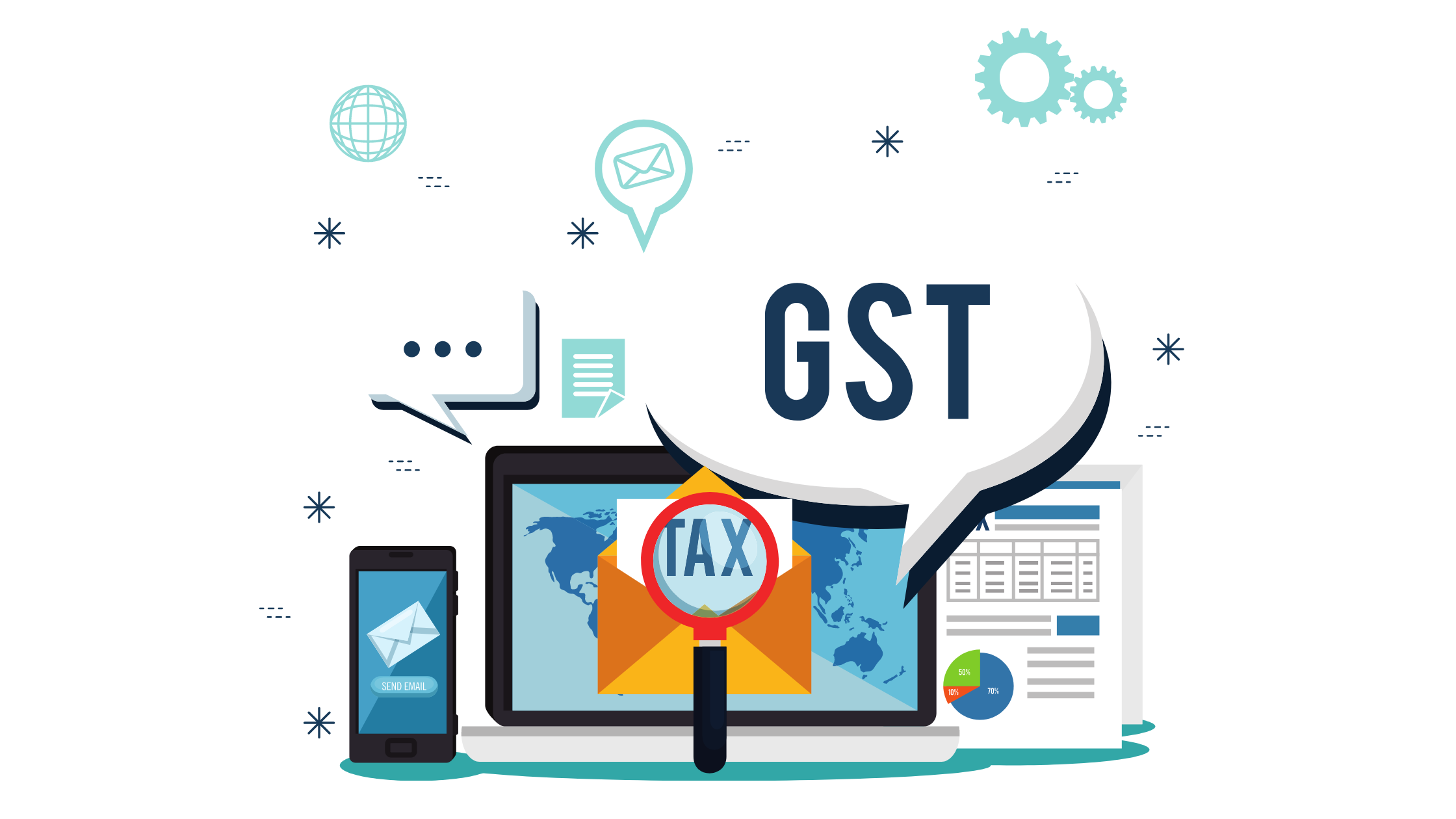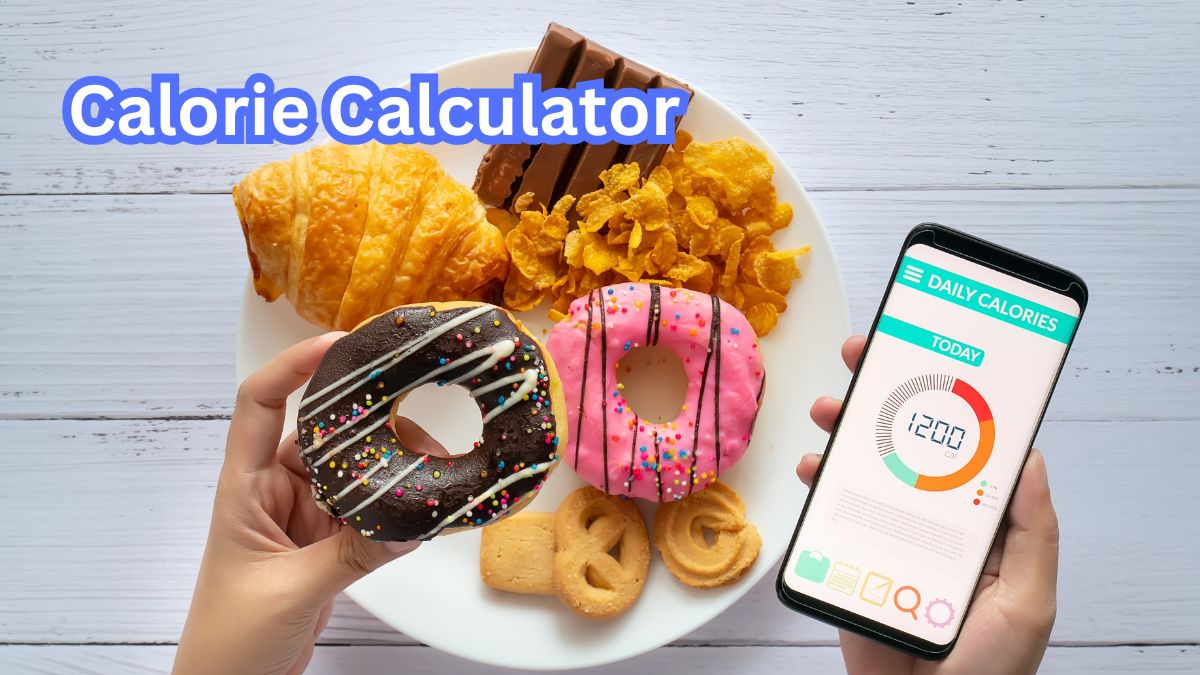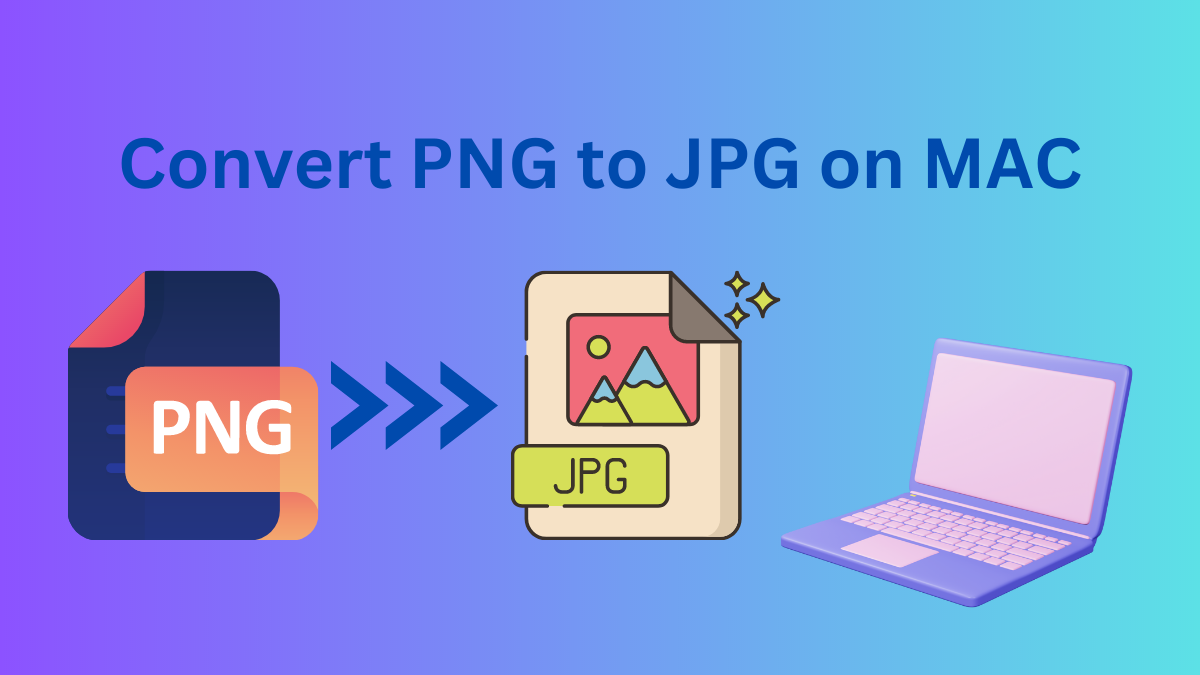
Calculate GST with this Free Online Calculator
GST Calculator: Calculate GST Amounts with this Free Online Calculator

The goods and services tax (GST) is a type of value-added tax introduced in India from July 2017. It subsumes the previous VAT, excise duty, and service tax taxes as well as other local taxes. The GST is applicable to almost all businesses selling goods or services in India, regardless of whether they are an individual, a partnership, a cooperative society, a company, or any other legal entity.
The Goods and Services Tax has been implemented with standard rates for all goods and services sold across India. However the calculations for these taxes can get complex depending on the nature of your business. If you are looking to learn more about how this new process will impact your business now and in the future, keep reading for some helpful insight as we break down everything you need to know regarding this change coming to your business.
What is the GST rate?
GST is a single tax that will replace many other taxes that are currently imposed. The standard GST rate is set at 18%. However, there are different rates for different types of goods and services. For instance, there is a 5% GST rate on certain types of goods such as natural gas, crude oil, and gold. There are also special rates for certain goods and services.
For instance, the special rate for the construction and renovation of residential buildings is 4%. The tax rates for services will be discussed below. There will be a standard GST rate of 5% on all restaurants, hotels, and other hospitality services. However, special restaurant exemptions will apply to some types of establishments. For instance, the GST rate for restaurants that are part of a chain of more than 10 outlets will be 12%. There will also be GST on all future food and beverage menu additions.
How to calculate taxes in India before GST?
Before the GST was introduced, businesses had to manage excise duty, service tax, and a value-added tax (VAT). Now, with the GST, businesses will have to manage only one tax. The tax rules are different for different types of businesses, and the GST rates for goods and services vary.
Excise duty for a particular product depends on its type and whether it is used for commercial or industrial purposes. The service tax rate depends on the type of service, the nature of the service, and the type of customer for whom the service is provided. The VAT rate for a particular product depends on its type and whether it is produced for commercial or industrial purposes.
How to calculate GST?
To calculate the GST, go to;
- https://www.toolsable.com
- Search GST calculator on the search bar on popular tools section
- Choose between GST Exclusive and GST inclusive
- Insert the amount and select GST rate from the dropdown menu
- Then, click calculate button
Understanding How GST Works and the Importance of Knowing Your Input Tax Credit
Now that you know the basics of how GST works, we will take a closer look into the importance of knowing your input tax credit. Know that Input tax credit (ITC) is an important concept related to the GST. It is basically a credit that you can use to offset your GST amount at the end of the financial year. It is essentially a credit (or reduction) of the GST that you have to pay on your purchases.
The way it works is that, if you are a service provider, you need to pay the GST on your services. But on your purchases, you have to show a valid GSTIN and make the purchases under that GSTIN. Whenever you make a purchase and show your GSTIN, the supplier will credit the GST amount from the GST that he or she has to pay on that purchase. The supplier will then give you a proof of that credit. That is your ITC. These credits are applicable only to businesses that purchase goods or services to manufacture or produce goods or provide services.
What's the bottom line?
The bottom line is that GST is a single tax that will replace many other taxes that are currently imposed. The standard GST rate is set at 18%. But there are different rates for different types of goods and services. For instance, there is a 5% GST rate on certain types of goods such as natural gas, crude oil, and gold. There are also special rates for certain goods and services.
For instance, the special rate for the construction and renovation of residential buildings is 4%. Before the GST was introduced, businesses had to manage excise duty, service tax, and a value-added tax (VAT). But now, with the GST, businesses will have to manage only one tax.
GST Registration: When, Where, and How to Register your Business
The next step of setting up your business is to register it as an GST taxpayer with the government. This is an important step because it will enable you to claim credits on taxes that you paid while purchasing your raw materials or equipment. It will also help you understand the GST better by providing you with information regarding how to go about the GST filing process.
Conclusion
GST is a single tax that will replace many other taxes that are currently imposed. The standard GST rate is set at 18%. There are also special rates for certain goods and services. The GST is applicable to almost all businesses selling goods or services in India, regardless of whether they are an individual, a partnership, a cooperative society, a company, or any other legal entity.
Now that we have gone through all the details of the GST and have broken down the changes and impacts it will have on businesses across India, you have the information you need to start preparing for the new changes coming to your business.

Sonam Tobgay
Founder
Your journey is never right or wrong, good or bad but it’s just different. We are on our own journey with very own unique adventures in life. Make choices for yourself and for nobody else because you will be never enough for them. Perfection is what I perceive as an illusion and authenticity is what I strive for. Life is a journey with never ending learning. Priorities change, so the circumstances and people but you find yourself. And you might actually like that. So, take pleasure in small things, be grateful and be who you are. It is never too late to become who you might have been.










